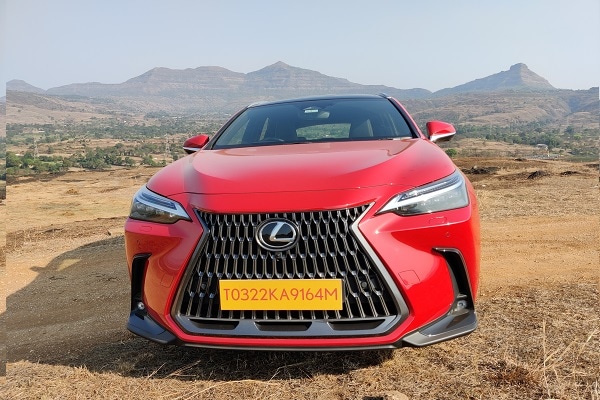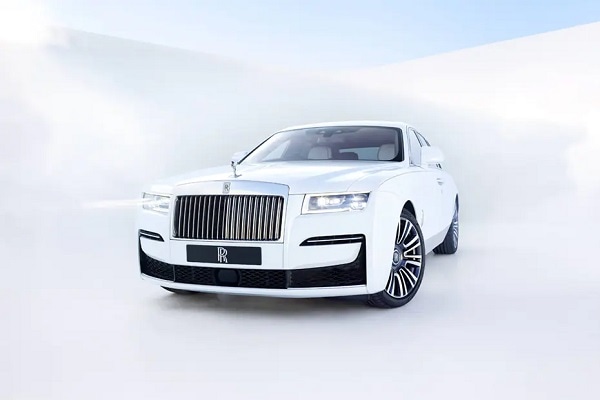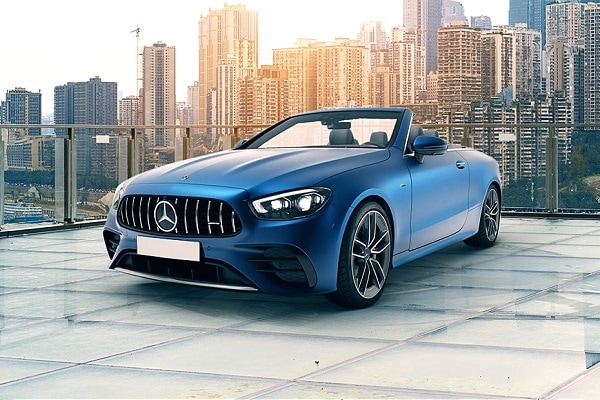China to push ahead with hydrogen cell plans despite Elon Musk's skepticism
- Elon Musk is sure hydrogen fuel cells are inferior to electric batteries. China isn't buying the claim just yet.
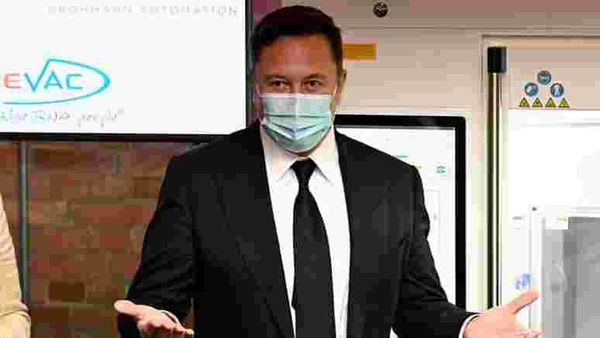

Tesla Chief Executive Officer Elon Musk has spent years mocking the idea of using hydrogen fuel cells rather than electric batteries to power next-generation green vehicles. “Fuel cells = fool sells," the boss of the world’s top electric-car maker tweeted in June.
China, the world’s biggest market for electric vehicles, isn’t so quick to dismiss the alternative to batteries. Officials are promoting the development of hydrogen-powered cars, trucks and buses, with Beijing offering to reward cities that achieve adoption targets.
Also check these Vehicles
In a 15-year plan for new-energy vehicles released on November 2, China’s State Council said the country will focus on building the fuel-cell supply chain and developing hydrogen-powered trucks and buses. President Xi Jinping in September set a 2030 deadline for China to begin reducing carbon emissions.
(Also Read | Elon Musk could become world's second richest person as Tesla stocks surge
“Hydrogen is expected to play a much more important role to drastically decrease the country’s greenhouse gas emissions," Kevin Jianjun Tu, a non-resident fellow at the French think tank Ifri, wrote in a report published in October.
China is targeting to have 1 million fuel-cell vehicles in operation by 2030, according to an energy savings vehicle development plan drafted by authorities, despite only 2,700 such cars selling in the country last year.
The nation’s renewed interest in hydrogen could put it further ahead of the US in next-generation autos even as President-elect Joe Biden tries to promote clean-car development.
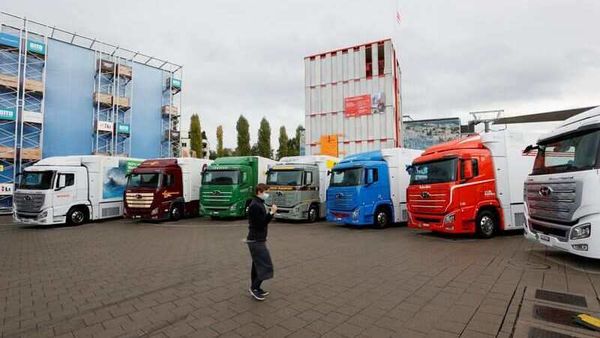

In theory, fuel cells are an ideal alternative to the internal combustion engine, since their chemical reactions of hydrogen and oxygen emit no carbon. Powering vehicles with hydrogen can be expensive, though, and most of China’s supply comes from burning fossil fuels. The difficulties of storing and transporting hydrogen add to the cost.
(Also Read | Tesla could roll out half a million EVs from China in 2021: Report
As the supply of hydrogen generated by solar and wind power grows, the economics may improve. One utility is spending more than $3 billion on a wind and solar farm in Inner Mongolia that would produce as much as 500,000 tons of hydrogen a year, with operations expected to begin in 2021.
State-owned oil refiner Sinopec said October 29 it’s investing in hydrogen production, transportation and fuel cells and is building hydrogen vehicle refueling stations.
The new infrastructure will likely support hydrogen-powered trucks and buses, with lithium-ion batteries remaining dominant for cars. Hydrogen makes sense for commercial vehicles since a fuel-cell automobile can go for longer on a single tank of hydrogen versus a battery-powered one on a single charge of electricity, according to Wang Chaoyun, the chairman of Anhui Mingtian Hydrogen Energy Technology Co., a startup that develops fuel-cell stacks and other inner workings for hydrogen vehicles.
Filling up the hydrogen tank also is much faster than recharging an EV battery.
China’s annual sales of fuel-cell vehicles will rise 10-fold over the next five years to 50,000 units before hitting half a million by 2035, says Wang, who predicts China will become the No. 1 market within three years.
(Also Read | Tesla on job offensive, hires 1,000 sales and delivery executives in two months
Shanghai-based SAIC Motor Corp. said in September that it plans to launch 10 hydrogen vehicles by 2025.
Beijing SinoHytec Co., which develops hydrogen-fuel-cell engines, raised about 1.4 billion yuan ($213 million) in an initial public offering in August and is one of five Chinese companies that in June teamed up with Toyota Motor Corp. to develop fuel-cell systems for commercial vehicles.
The Japanese automaker sees the market dominated by hydrogen-powered trucks and buses rather than cars, said Chisato Yoshifuji, a project manager at Toyota. “China is concentrating on commercial vehicles and that aligns with Toyota’s thinking," she said. “It’s a huge trend supported by the government."
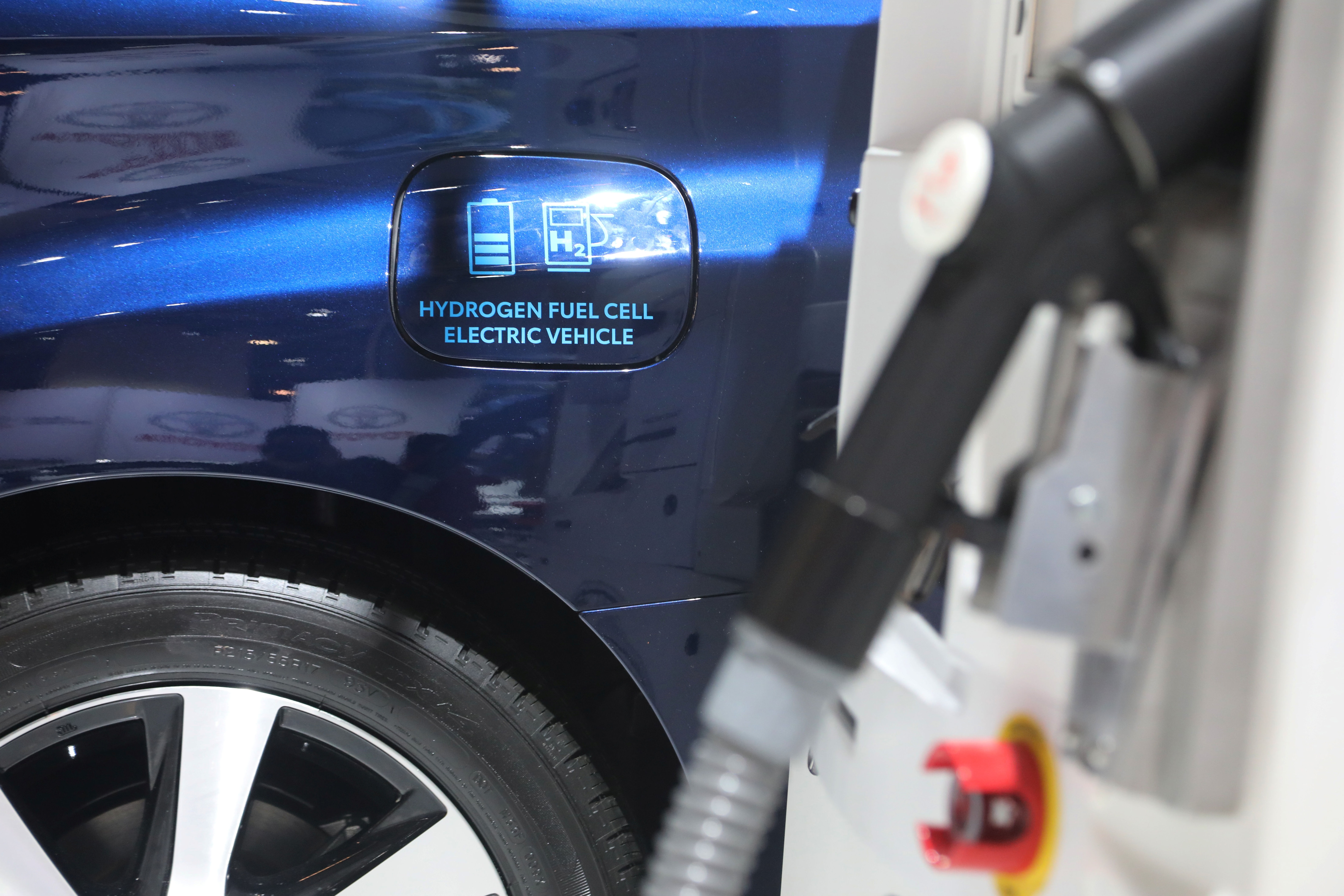

Other foreign-backed companies see opportunities in hydrogen trucks, too. Hyundai Motor Co. on November 5 announced agreements with five Chinese partners to promote the development of hydrogen fuel-cell commercial vehicles.
“Hyundai believes China has a massive potential for hydrogen powered commercial vehicles," said In Cheol Lee, Hyundai’s executive vice president and head of commercial vehicle division. Hyundai and its regional partners aim to supply some 4,000 fuel cell electric commercial vehicles in China by 2025.
The Asian subsidiary of beverage giant Anheuser-Busch InBev SA/NV, meanwhile, added four hydrogen fuel-cell trucks to its fleet, the company announced on September 28. It plans to deliver beer using the trucks, making China the first nation where the company has deployed such vehicles for beer shipments.
(Also Read | China's Didi Chuxing to deliver first BYD electric cars to drivers within months
“Pure electric vehicles and fuel cell-powered automobiles are equally important in our new energy vehicle development strategy and will coexist in the long run," Wan Gang, who is a vice chairman of China’s national advisory body for policy making and often called the father of the country’s electric-car movement, said in January.
Many skeptics do share Musk’s misgivings. Fuel cells are less efficient than batteries and the cost of building supporting infrastructure like refueling stations is much higher, according to a report published this month by IDTechEx, a research firm from Cambridge, England. Fuel-cell vehicles will “continue to be a commercial failure for the next two decades," it said.
And for now, Chinese leaders may be keeping their options open as they wait to see how the technology develops.
“The limited details in this plan suggest, at the national level, policy makers are still deliberating over the role of hydrogen in China’s energy economy and the country’s goal of carbon neutrality by 2060," BloombergNEF analysts Siyi Mi and Jinghong Lyu wrote in a report published November 13, with reference to China’s 15-year plan for new-energy vehicles.
ReFire, a Shanghai startup that manufactures fuel-cell engines, is one company that’s nonetheless preparing for a surge in demand. It makes about 1,000 engines a year for Chinese producers of trucks and buses and expects annual capacity to soar to 20,000 as early as 2024. The competitiveness gap with EVs will shrink as hydrogen gains acceptance, Chief Executive Officer Robin Lin said.
“There’s a great chance for a dramatic drop in hydrogen prices," he said. “As long as hydrogen power is cheap enough, it’ll be a natural choice."








 40 kWh
40 kWh 150 Km
150 Km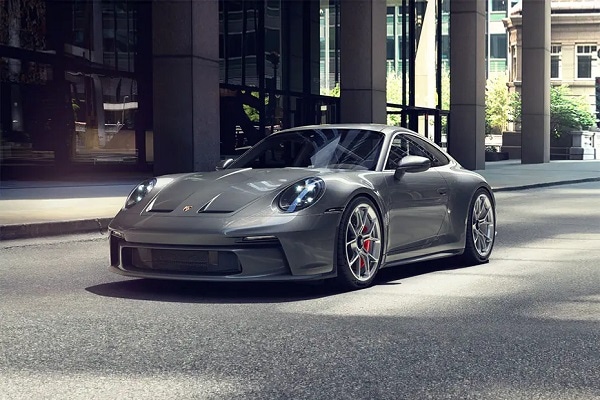
 3996.0 cc
3996.0 cc Petrol
Petrol
